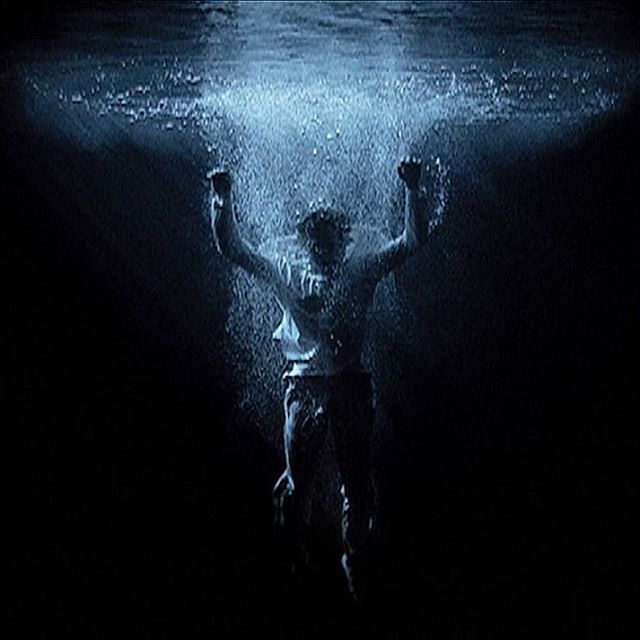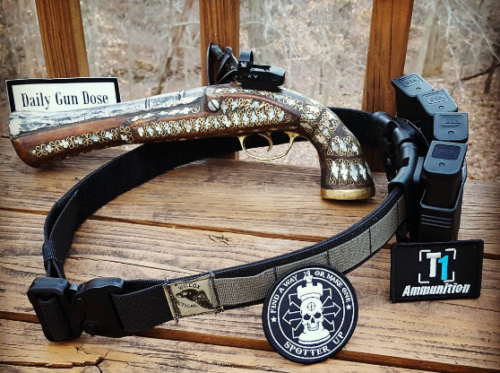Diatribes of a Knucklehead 151213
Working with the VA upon discharge from active duty can be a royal pain in the butt. Many people just give up because they feel it is not worth their time. I learned a few things I pass to people that I know are leaving the service; that can help them expedite things.
For those people retiring, start two years out, ensure your medical records are accurate. For instance, if your currents records do not have evidence of the sprained ankle you got during PT twenty years ago, it did not happen. Go to your medical officer with a list of items you need checked out.
Get your final physical at least six-month before you get out from retirement; you can always add info into your VA records.
Go to medical records and request a full copy; hard copies and all e-copies from the computerized medical records.
Once you receive them made THREE additional copies.
Copy #1: Take the original copy and place it into a sealed box marked as original; emergencies only.
Copy #2: Take a second copy and place it into a box for your VA claim. This record is for the admin side of the VA. They do not share these records with the medical side f the VA – this is very important.
Copy #3: This will be my working copy. This takes time; but it is worth it – believe me. I separated my entire record into stacks of body parts/injuries. For instance, a file for all knee related injuries, a file for concussions/ brain injuries, etc, etc. I recommend this because for each C&P (Compensation & Pension) appointment you should carry all related medical information with you. The Doctors are in hurry; therefore if you are not organized (by type of injury and in chronological order) they will just blow you off. They do not care what you say, they care about the evidence; PERIOD.
Copy #4: is a clone of copy #3. I used this copy as a back up to my working copy. The reason for this is some clinics will scan your records in if you give them a copy. Remember, the copy that was sent with your claim does not get into your records. You and you VA Doctor will have to rebuild your records. At least get the important stuff in there (you decide what is important).
Ensure you update your records immediately after your retirement date; get copies.
Save everything you receive for the VA.
NEVER EVER be LATE to a VA appointment; that shows them you do not care about your own needs, so why should they? They may move you to the back of the line.
A friend asked me to put this into words after hearing me speak of records handling.
SF DKD
*The views and opinions expressed on this website are solely those of the original authors and contributors. These views and opinions do not necessarily represent those of Spotter Up Magazine, the administrative staff, and/or any/all contributors to this site.
[amazon_link asins=’1612517897′ template=’ProductCarousel’ store=’spoup-20′ marketplace=’US’ link_id=’fa317bcb-5a5b-11e7-b8fa-d31301b1c3b6′]
[jetpack_subscription_form]
Brought to you by the dudes at Spotter Up
Published on: Dec 14, 2015 @ 19:31



